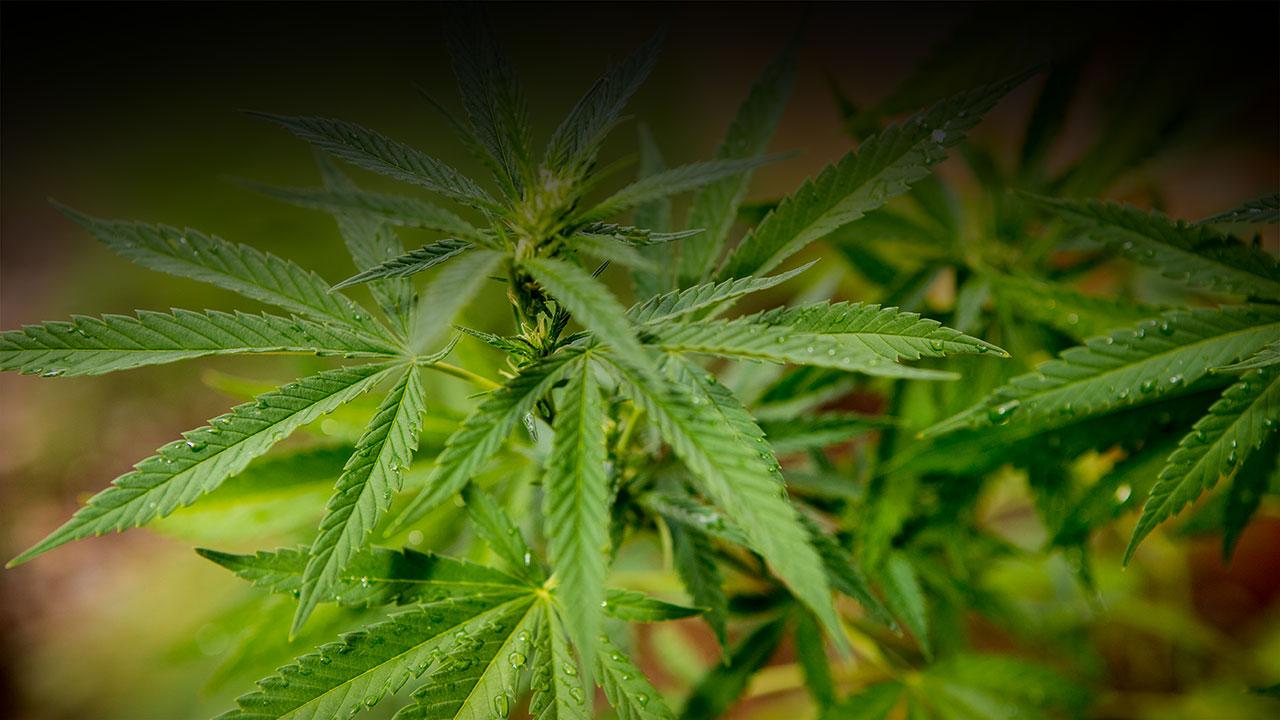Buying weed in California is about to get less risky and much more expensive. A patchwork of new policies, including special taxes, will roll out in the state before sales of recreational marijuana begin at the start of 2018.
California will include a 15% levy on all cannabis sales in the state, including medical pot products, starting in January. Meanwhile, local governments are also adding taxes for sellers and growers that could result in a 70% increase in the price of a small bag of good quality marijuana in parts of the state.
Between state and local taxes, some buyers will see an effective tax as high as 45%on adult-use cannabis in California. Proponents of legalization have long pointed to the collection of state and local taxes on marijuana sales as a big benefit.
The new cannabis industry in the state has a projected value of $7 billion with the potential to collect $1 billion per year in tax revenue. But industry leaders in California claim that the high taxes give illicit vendors the upper hand.
“High tax rates raise prices in legal markets, reinforcing the price advantage of black markets,” the global credit ratings firm Fitch Ratings said in a report. “California’s black markets for cannabis were well established long before its voters legalized cannabis in November 2016 and are expected to dominate post-legalization production.”
Five states have already created regulated marketplaces for recreational marijuana, with Maine and Massachusetts preparing to begin legal recreational sales next summer. Here’s how other states that have legalized recreational marijuana collect taxes on the substance:
- In Nevada, revenue from a 15% tax on wholesalers gets funneled into the state’s education budget, while a 10% tax on retail sales gets put into the state’s rainy day fund.
- Colorado, the first state to legalize recreational marijuana sales, has raised more than $500 million in tax revenue since January 2014. This comes from a 2.9% state tax on all marijuana sales along with an additional 15% excise tax and 10% special tax for adult-use weed sales.
- In Oregon, the state tax on recreational marijuana is 17% and local governments can vote to add municipal tax of up to 3% on each sale. The largest portion of this revenue goes to education, with the rest going to law enforcement, addiction treatment, and cities and counties around the state.
- Washington levies a 37% tax on adult-use weed purchases. Legal sales of recreational marijuana in Washington state began in July 2014.
- In Alaska there is a $50 tax on each ounce of marijuana buds or flowers and a $15-per-ounce tax for the remainder of the plant.
credit:fortune.com






